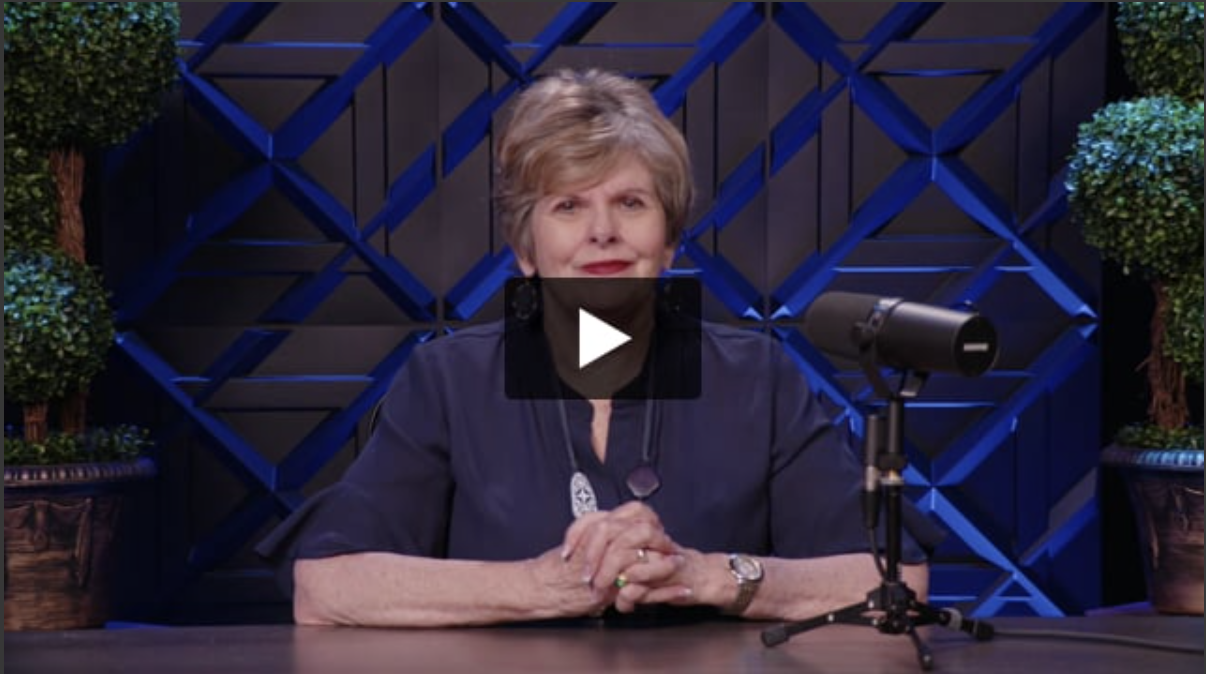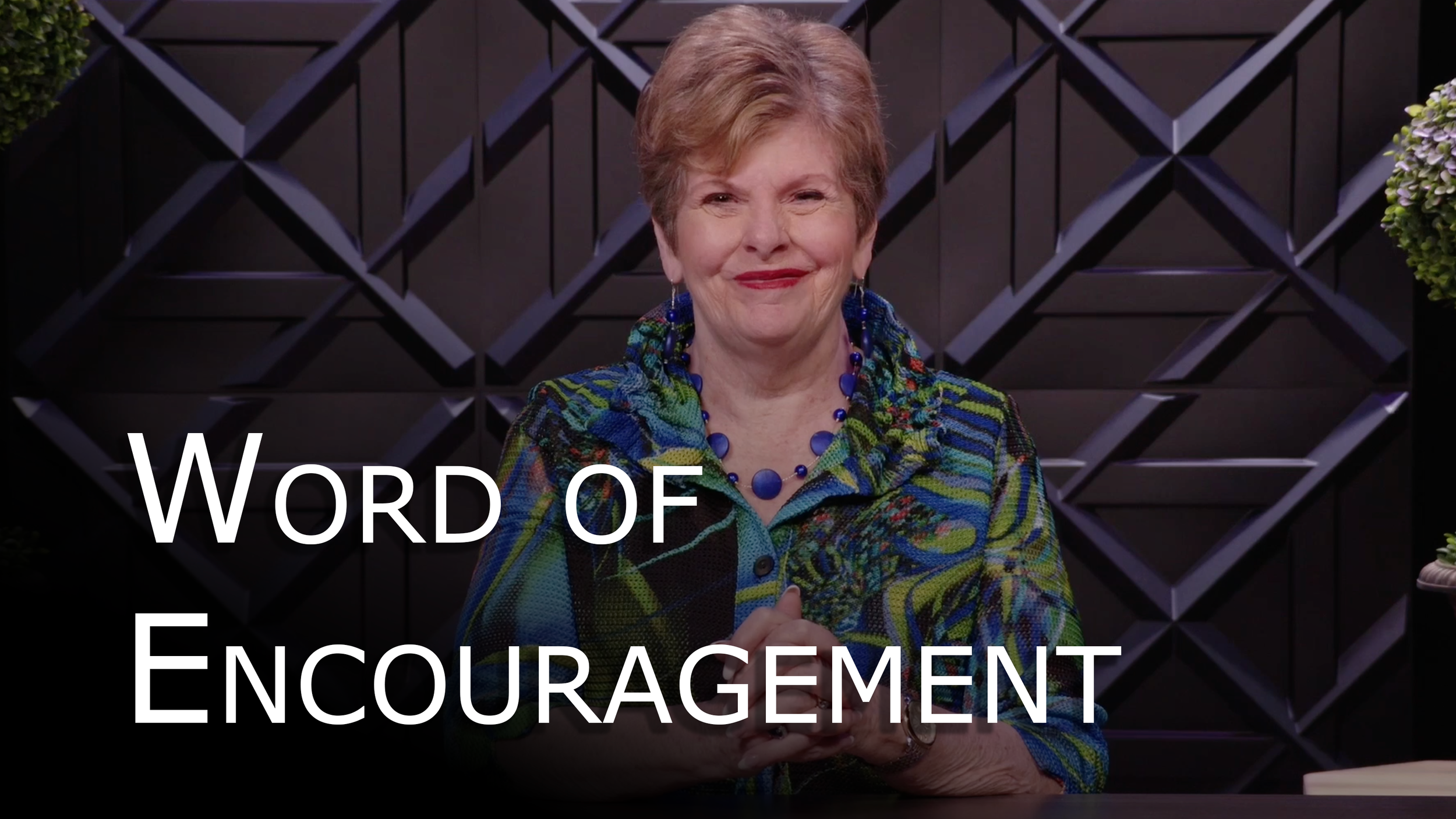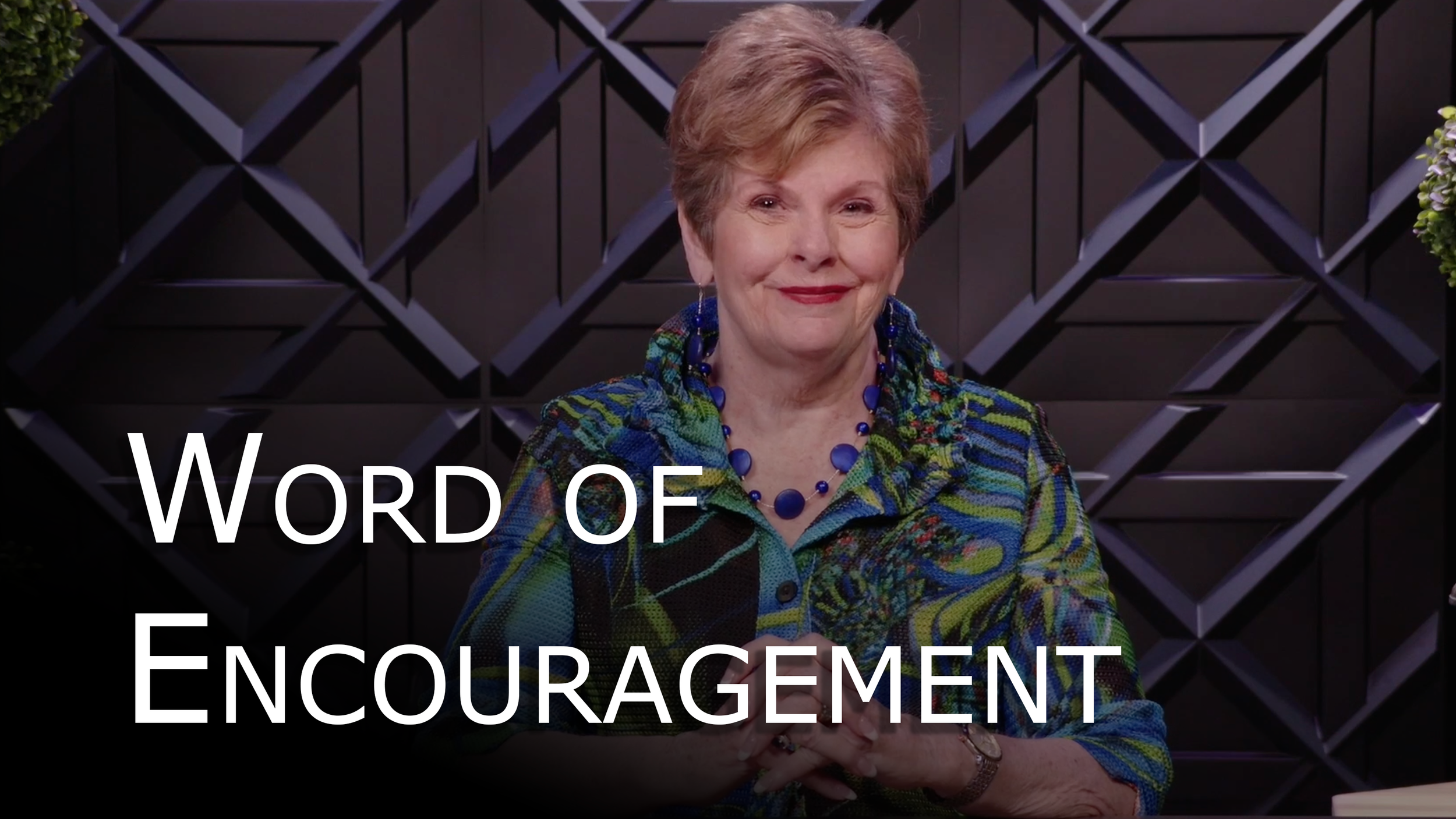
Editor’s Note: We originally posted this article in May, but we wanted to share again, as encouragement can often be overlooked as a spiritual gift. It is also an aspect of the prophetic gift, so we need to have a solid understanding of the role we all can play as encouragers in the body of Christ, whether or not it is our primary gift.
“Therefore, encourage one another and build each other up . . .” – 1 Thessalonians 5:11
Being an encourager is not something that has always come naturally to me. Truthfully, I was more likely to take a critical or “tough love” approach when dealing with people, priding myself on “telling it like it is” and not sugar-coating things. But then the Lord convicted my heart with the reminder that it is actually His kindness that leads us to repentance, and a process of change began in me.
Since then, I have come to highly value the gift of encouragement because of what I’ve seen it do, not only in my own life, but in the lives of others. Offering encouragement is so much more than saying a few nice words; it is a gift that can literally transform people and circumstances.
As an avid reader and writer, I love words with all of their nuances and layers of meaning. The implications of the word encourage stare us in the face, but I think it’s really worth pondering for a moment. The prefix en- means “to make, or put in.” When coupled with the word “courage,” it literally means to create courage in someone or to put courage inside of them.
Think about the weight and significance of this! When you encourage someone, you are imparting to them the ability to face their challenge, risk, pain, etc. without being crippled by fear. You are infusing their hearts with the courage to move forward. What an amazing privilege and responsibility.
Becoming Encouragers
Paul tells us that some of the purposes of prophecy are for people to be strengthened, encouraged and comforted (see 1 Cor. 14:3). Many times, encouragement takes on a prophetic element as the receiver is challenged to step into the fullness of what God has for them or to not lose heart in their spiritual journey.
Perhaps the most famous encourager in Scripture is Barnabas, whose name actually means “son of encouragement.” Interestingly, his name also means “son of the prophet.” While we don’t see any prophetic words from Barnabas recorded in the book of Acts, we do see him stepping out in faith and what could even be considered prophetic acts—all flowing from a desire to encourage and build people up in their faith.
As we seek to grow in our ability to encourage others, there are some things we can learn from the brief details we are given about Barnabas’ life and ministry.
1. Encouragers offer more than words, taking practical steps to build people up.
In Acts 4, we are told that the early church moved in tremendous grace to make sure no one was in need. Barnabas is specifically mentioned as one who sold a field and brought the money to the apostles to help meet the needs of fellow believers. Moving beyond words, Barnabas took action to encourage and help.
People who naturally function as encouragers actually have to be careful about this sometimes. They so desire to help lift people up that they can try to meet every need they encounter. But we can all learn from their strength in this area too. When people are walking through difficulties, we should be sensitive to the Holy Spirit and ask Him for practical things He might have us do.
This is not to say that words alone are not powerful; many times someone has been led to speak the very thing my heart needed to hear, the thing that reminded me I was not alone and gave me the courage to keep going. God will give us the “words that sustain the weary” (Isa. 50:4). But sometimes, He will also call us to take action, just as Barnabas did.
2. Encouragers seek to empower people in their walk with God, not burden them.
In Acts 15, there was unhealthy teaching being circulated to new Gentile believers that they were not really saved unless they followed the Jewish custom of circumcision. Barnabas and Paul together disputed this and went before the apostles and elders in Jerusalem to settle the issue. They spoke of the miracles they had seen God do among the Gentiles, affirming their salvation through grace alone.
They were then sent, along with two other men, to gather the Gentile believers and lift the burden that had been placed on them. Barnabas and Paul stayed awhile in Antioch, instructing and encouraging the church there.
God gives encouragers the ability to see when people are weighed down by a burden they were not meant to carry. They are able to speak truth in a way that brings life and strength to the process of growing in the Lord.
I find it very interesting and powerful that Barnabas and Paul actually fought for these new believers; they came to their defense and spoke on their behalf. We might sometimes think of encouragement as a warm, fuzzy, tender thing, but there is a fierce aspect to this gift—a willingness to fight for the freedom of others.
3. Encouragers recognize the potential and destiny in people’s lives, even when no one else can see it.
In spite of their fruitful ministry together, Barnabas and Paul had such an incredibly sharp disagreement with each other that they ended up parting ways. They intended to return to towns where they had previously preached to see how the believers were doing and to encourage them in their growth. Barnabas wanted to take a young man named John Mark, but Paul didn’t want to because they had taken John Mark with them before and he quit early. (See Acts 15:36-41.)
In other words, Barnabas wanted to give John Mark a second chance. He saw something in this young man and was willing to take the risk with him again. Apparently, he was right because later Paul actually asks for Mark to be brought to him, saying he is helpful to him (see 2 Tim. 4:11).
Encouragers really have this prophetic ability to see what God sees in people and situations. There is a boldness required to speak up and take the chance, and sometimes this can also mean the potential to be hurt. It is the same chance God takes on all of us every single day, believing in His purpose for us, even if we do not always live up to the expectation.
Desiring the Greater Gifts
In Paul’s discussion of spiritual gifts in 1 Corinthians, he admonishes believers to “eagerly desire the greater gifts” (1 Cor. 12:31). While there is some discussion about if he was referring to prophecy or teaching or other things mentioned, there is a bigger picture to notice. While we all function in different gifts, we can ask God to help us grow and develop in other ones that may not come as naturally to us.
And while this is strictly a matter of personal belief, I cannot really think of a much greater gift to desire than the gift of encouragement. If things like prophecy, teaching, miracles, and other gifts do not flow from a heart that is genuinely seeking to build others up and impart strength to their faith, those gifts can easily become self-serving and damaging to the body of Christ.
So whether you are naturally an encourager or you are someone like me who needs a little help in this area, I challenge all of us to seek God for a greater measure of this gift. Let’s be Christians who are known for the way we affirm others and infuse their hearts with courage, seeing what God sees and wholeheartedly believing in the stories He is writing with all of our lives.
Recent Posts








